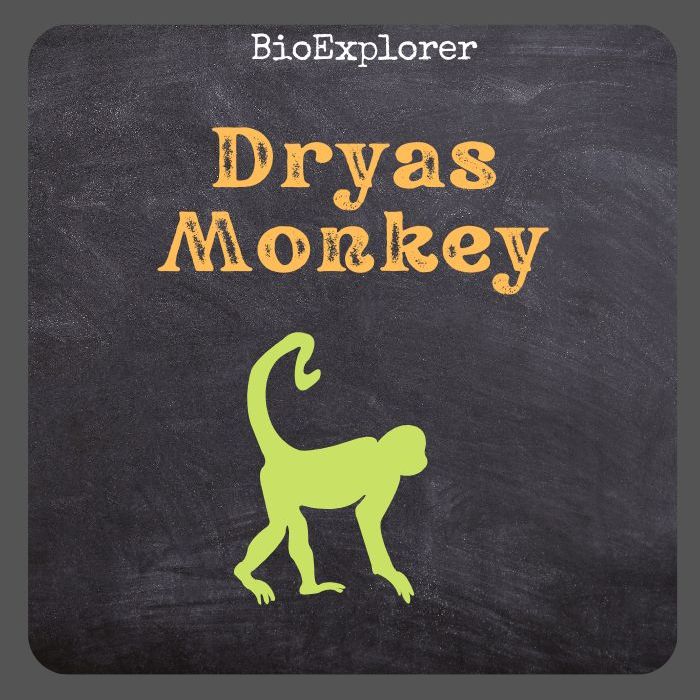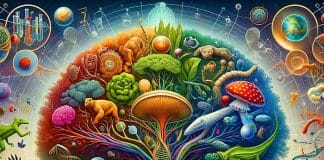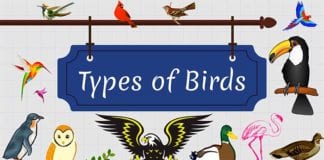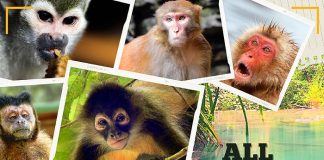
- Common Name: Dryas monkey
- Taxonomy Classification Year: 1932
- Monkey Size: 40 to 55 cm (15.75 to 21.65)
- Skin Color(s): Grayish chestnut
- Habitat: Rainforest
- Diet: Omnivorous
- Native Countries: Democratic Republic of Congo
Dryas monkey Distribution
Dryas Monkey Characteristics
The Dryas monkey[1], also called the Salonga monkey, Inoko, or Ekele is a little-known Old World primate only found in the Congo Basin and restricted to the Congo River’s left bank.
- An adult male Chlorocebus dryas is distinguished by its black snout, short white facial beard, and white whiskers.
- The dorsal surface of the body is grayish-brown with a coronal crown. This species also has white on the ventral body, tail, lower limbs, and buttocks.
- The upper extremities are similar in color to the rest of its body, blackish brown/dark grey.
- A mature male’s rump dazzles like fireworks on the 4th of July. A large patch of bare skin shines aquamarine under the tail and extends to the testicles.
- Above, a small patch of cherry-red skin highlights the anus. This colorful display is surrounded by a ring of bright white coats contrasting nicely with the species’ black limbs.
- Not all males have bright blue testicles and backside. It can be age-related, hormonal, or a sign of health or status within the group.
Dryas Monkey Facts
- Unlike guenon monkeys, which make loud leaps and resounding calls, dryas monkeys move silently. Instead, they murmur, whisper, chirp, and chuckle.
- These monkeys are adept at avoiding human attention but don’t be fooled into thinking they have a drab fashion sense.
- They eat a lot of herbaceous material, which is uncommon for a small monkey. For example, Dryas monkeys eat terrestrial mushrooms, insects, and the green inner bark of vines. Still, their favorite food seems to be young leaves, a notoriously difficult food to digest.
- In January 2019, the IUCN downgraded the conservation status of the Dryas monkey from critically endangered to endangered.
Suggested Reading: Different Kinds of Monkeys
Cite This Page
APA7MLA8Chicago
BioExplorer.net. (2025, April 14). Dryas Monkey. Bio Explorer. https://www.bioexplorer.net/animals/mammals/monkeys/dryas-monkey/.
BioExplorer.net. "Dryas Monkey" Bio Explorer, 14 April 2025, https://www.bioexplorer.net/animals/mammals/monkeys/dryas-monkey/.
BioExplorer.net. "Dryas Monkey" Bio Explorer, April 14 2025. https://www.bioexplorer.net/animals/mammals/monkeys/dryas-monkey/.










